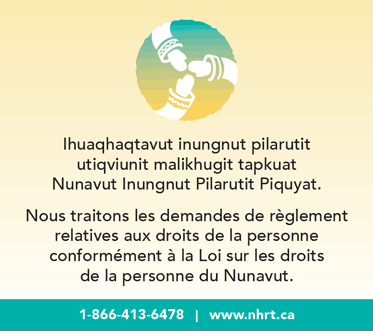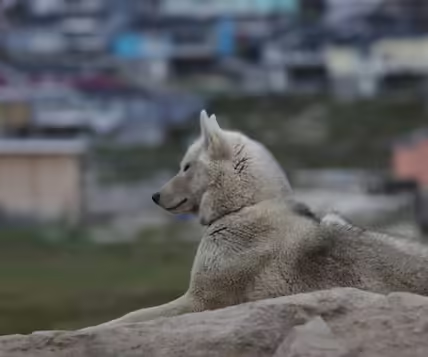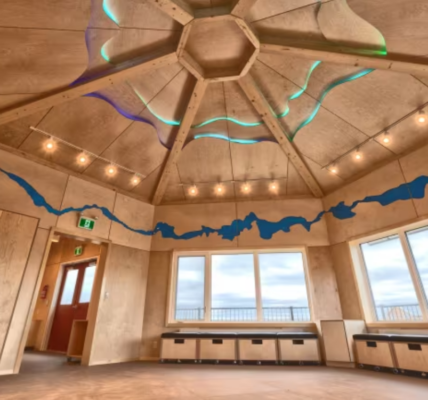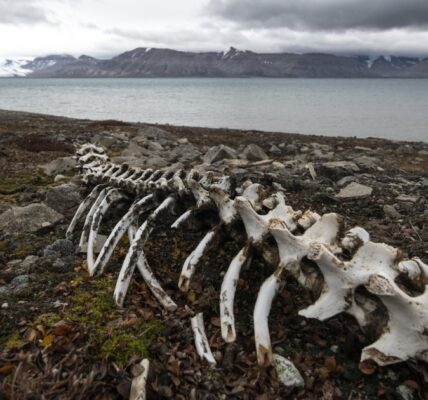Nunavik counting beluga in Marralik estuary; Qikiqtaaluk Corp. learning more about what’s living in Nunavut’s coastal waters.
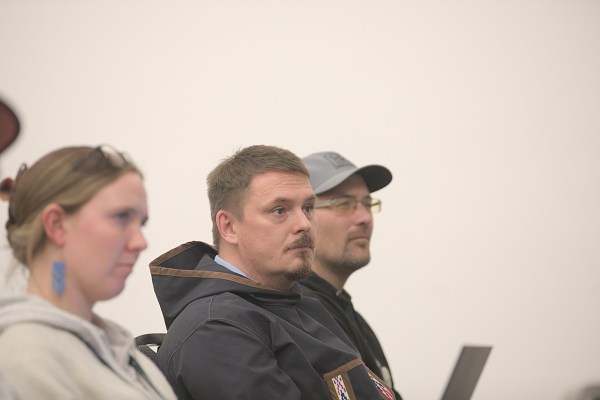
Inuit are taking a larger role in scientific research and using the data preserve their way of life.
Audience members heard multiple examples of this over the week during ArcticNet’s Arctic Change conference in Ottawa.
ArcticNet is a network of researchers and scientists who focus on climate change and modernization of the Arctic.
In the past, researchers came to the Arctic with their own projects and ideas, whereas now they are tailoring their work to local needs, Premier P.J. Akeeagok, who was at the conference, said in an interview.
“There’s been a huge shift in terms of actually listening to the communities, hearing what the priorities of the communities are, and then keeping that content in the community,” he said.
One of those shifts is happening in the Marralik estuary, between Kuujjuaq and Kangiqsualujjuaq, off the coast of Nunavik.
Beluga hunting in the area has been banned by the federal Department of Fisheries and Oceans since 1986, due to a lack of data.
But over the past five years, Inuit and project researchers have made 182 observations of belugas, and are hoping this new information could help reverse the beluga hunting ban.
“That’s a huge difference, and it just shows the power of community-based monitoring approaches,” said Mikhaela Neelin said, who works with the Marralik estuary beluga project, Thursday during a presentation on his team’s work.
Project leader James May, president of the Nunavik Hunting Fishing Trapping Organization, said the beluga project involves more than just science and research. It’s a way of life.
“We’re teaching the kids how to feed themselves,” he said.

Research scientist Scott Grant speaks on his work in the Arctic at the Arctic Change conference in Ottawa Thursday. Grant said the “primary goal” of his fisheries research is to maximize Inuit engagement and exchange knowledge and best practices. (Photo by Jorge Antunes)
In Nunavut, Inuit are participating in research about the sea life that calls the territory’s coastal waters home.
Scott Grant, a scientific researcher from Memorial University in Newfoundland and Labrador, has spent more than 20 years in fisheries research and training. He’s also the Qikiqtaaluk Corp. chairperson in Qikiqtani inshore fisheries science, training and education.
Grant’s work includes conducting multi-species sealife surveys in Igloolik, Sanirajak, Kinngait and Sanikiluaq.
He said he relies on a community-based approach. Inuit bring their traditional, ecological knowledge to the table and in turn get training on research methods. Through this collaboration, Grant said, researchers can learn their needs and identify ways for the communities to benefit from the research and continue it on their own.
ArcticNet Arctic Change conference ended Friday.
